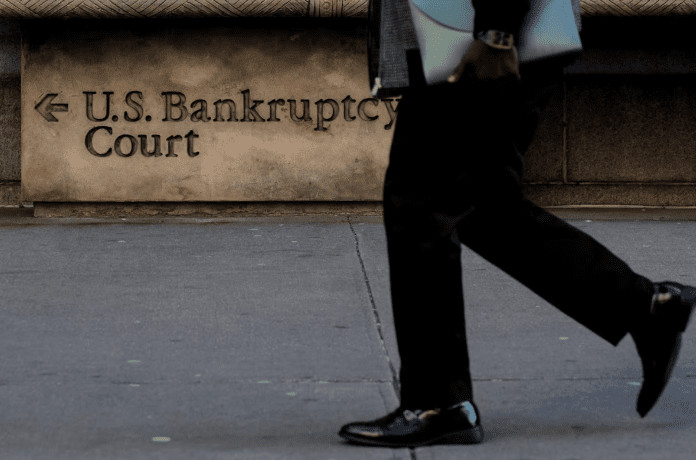American auto parts manufacturer First Brands filed for Chapter 11 bankruptcy protection on Monday, admitting to over $10 billion in debt. The collapse of the company, which had been actively acquiring competitors with leverage for years, came as a shock to investors and raised new concerns in the corporate debt market.
Debt Hole and Investigation
According to sources, First Brands will soon disclose accounting irregularities amounting to nearly $2 billion. The board of directors is already conducting an internal investigation, confirming the Wall Street Journal report.
The Ohio-based company, owned by entrepreneur Patrick James, has secured $1.1 billion in financing from senior lenders—the funds should support ongoing operations. However, the total debt burden is estimated at $10-50 billion, while assets are only $1-10 billion.
Market Impact
First Brands’ collapse has become a new warning sign following the recent collapse of auto lender Tricolor Holdings. Analysts note that automaker supplies will not be seriously jeopardized, as First Brands primarily operates in the aftermarket rather than in primary production. However, debt investors fear this event will increase stress on the asset-backed bond segment.
Brands and Operations
First Brands produces aftermarket parts: Raybestos brake systems, TRICO wiper blades, FRAM filters, and other products. In recent years, the company has grown through aggressive acquisitions financed by debt. But it was these debts that led to the collapse.
Last week, Fitch Ratings lowered the company’s credit rating, noting that debt management was no longer feasible without drastic measures. First Brands’ shares have plummeted in value, and several subsidiaries have also filed for bankruptcy.
Advisors and Prospects
Weil, Gotshal & Manges, Lazard, and Alvarez & Marsal are advising First Brands in its restructuring. Creditors have retained Gibson, Dunn & Crutcher, and Evercore.
Experts note that First Brands’s history, coupled with CarMax’s problems, reflects weakening consumer demand for cars, fueled by years of high interest rates.
U.S. margin debt tops $1 trillion for the first time
Investor borrowing against their portfolios has reached a historic level, climbing past the $1 trillion mark as U.S. equities hit fresh highs. The record underscores both optimism and growing concerns about excessive risk-taking in the markets.

